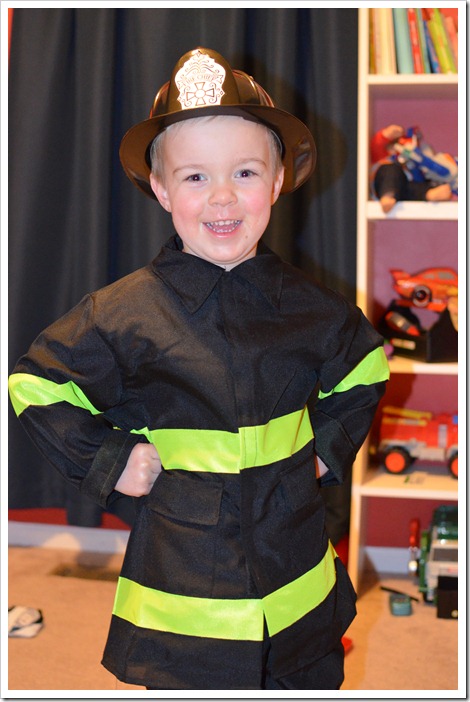Helping Our Kids Want to Become Adults
Did you see the New York Times article about parents letting their teenagers have S-E-X? In the family home? Following the example of parents who host their kids’ drinking parties because “at least it’s happening in my home where I can supervise,” these ever-so-modern mommies and daddies helicopter over their teenagers’ sexual experiences much as they’ve rotated above everything else: to quote the parents profiled in the article, “if you are really well behaved, we’ll make you pancakes for breakfast.”
Nope. No. Not in my house. I’m not the kind of parent who’s naive enough to believe that my kids won’t have sex until they’re married, but I’m also not the kind of parent who’s ever going to let my 16-year-old daughter bring a high-school boy into her bedroom and then tell them I’ll make pancakes if they wash the sheets.
 The trouble with this trend is it’s another step in the dissolution of the family bond and the importance of transitioning between adolescence and adulthood. Inviting teenagers to have sex in the family home sends two messages: first, that the children and parents are social equals, and second, that the children have the rights to the privileges of adulthood.
The trouble with this trend is it’s another step in the dissolution of the family bond and the importance of transitioning between adolescence and adulthood. Inviting teenagers to have sex in the family home sends two messages: first, that the children and parents are social equals, and second, that the children have the rights to the privileges of adulthood.
Notice I said “social” equals. Clearly children and parents are equals in the liberal sense, in the idea that all humans are created equal and are entitled to basic human rights. However, they are not social equals, nor should they be. Making children the social equals of their parents deprives children of the actual goal of achieving adulthood.
The fact is that marriage – actual, committed marriage between two people, and no I don’t care if those two people are gay or straight – is on the decline. Marriage rates have been dropping steadily since the 1970s, and part of the reason is the gradual erosion of the boundary between adolescence and adulthood. We tell teenagers they can have sex in their bedrooms, and a few years later call their college professors to complain about grades. How can they possibly know which end is up? They’re getting all of the fun parts of adulthood without any of the work – and from watching us, they seem to believe that marriage is all of the work of adulthood without any of the fun.
Of course, it’s not like we’ve been the best examples of how marriage works. My home state of Texas has one of the highest divorce rates in the country, and you can’t turn on the television in the afternoon without seeing an ad for a Plano divorce attorney. My kids have seen me and their father bicker and argue over everything from car repairs to pizza toppings, and my oldest girl has already told me that she wants to be an astronaut, not a mom.
They watch TV shows where the kids are smarter than the adults, hang out with friends whose families supervise beer parties, are now encouraged to have sex at home, and when it comes time to grow up and become adults, they balk. And why not? They’ve already enjoyed the privileges of adulthood for years, and have seen how the work of adulthood causes two people to snap at each other over whether they can afford a new refrigerator.
How do we help our children become adults? First, we stop encouraging them to have sex at home. Next, we work on our own marriages – and if that means a round of marriage therapy, then make that appointment. Lastly, we talk to them about what adulthood actually means; all too often they get their images of adulthood from TV and beauty magazines, and they don’t realize what a special gift being an adult actually is. Yes, it has responsibilities, but it also has freedoms, and – most importantly – it comes with the ability to do fulfilling work and create a loving family.
I’m going to take my oldest girl out for ice cream this afternoon. We’re going to talk about science, and I’m going to tell her that there are plenty of astronauts who are also parents. What about you?
















Thank you for this thoughtful post. I’m with you – there will be no adolescent hanky-panky in my house. It is hard sometimes to show kids how great marriage is. Sometimes I feel like we are always stressed. I will need to think on this and figure out how we can underline the many wonderful parts of marriage and family life.
Thoughtful and insightful article. It shouldn’t boil down to : I’m the parent so you do what I say. But parents do have the responsibility to teach their children well.